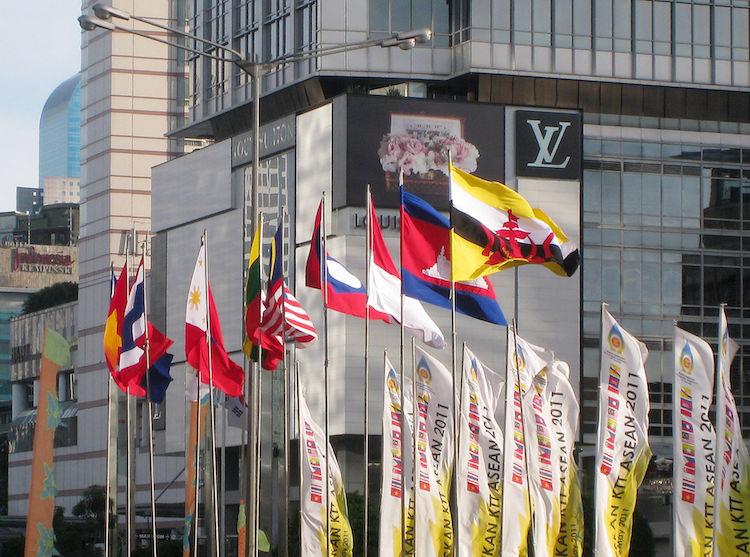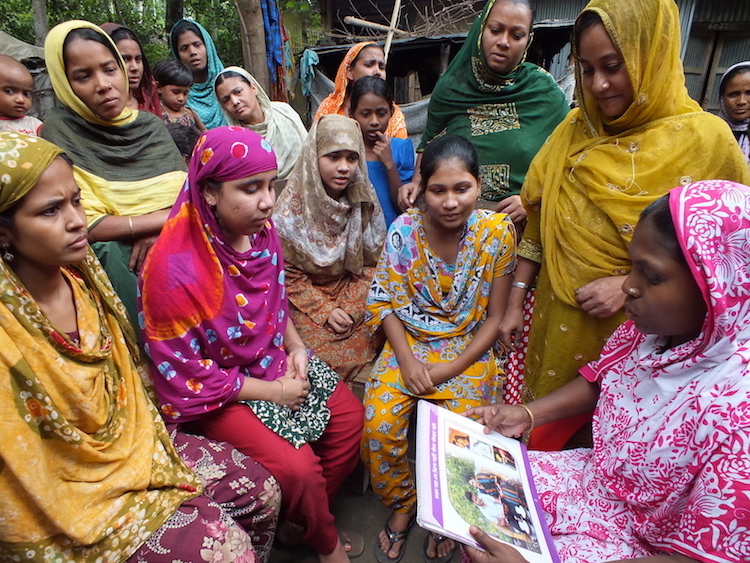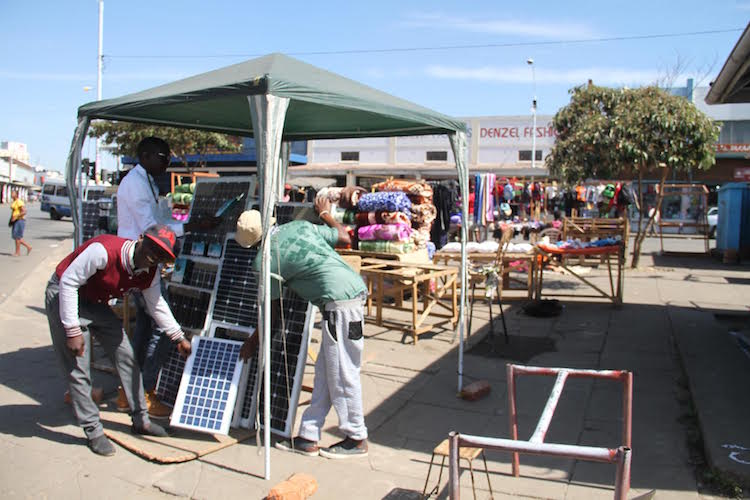Viewpoint by Kalinga Seneviratne
This article is the ninth in a series of joint productions of Lotus News Features and IDN-InDepthNews, flagship of the International Press Syndicate.
BANGKOK (IDN | Lotus News Features) – The leaders of the Association of Southeast Asian Nations (ASEAN) will gather in the Laotian capital Vientiane from September 6-8 for their first summit meeting since the ASEAN Economic Community (AEC) came into being at the beginning of this year. However, one item which is crucial to such community building, the construction of new rail lines linking most of the 10 member nations may not be a major agenda item.










